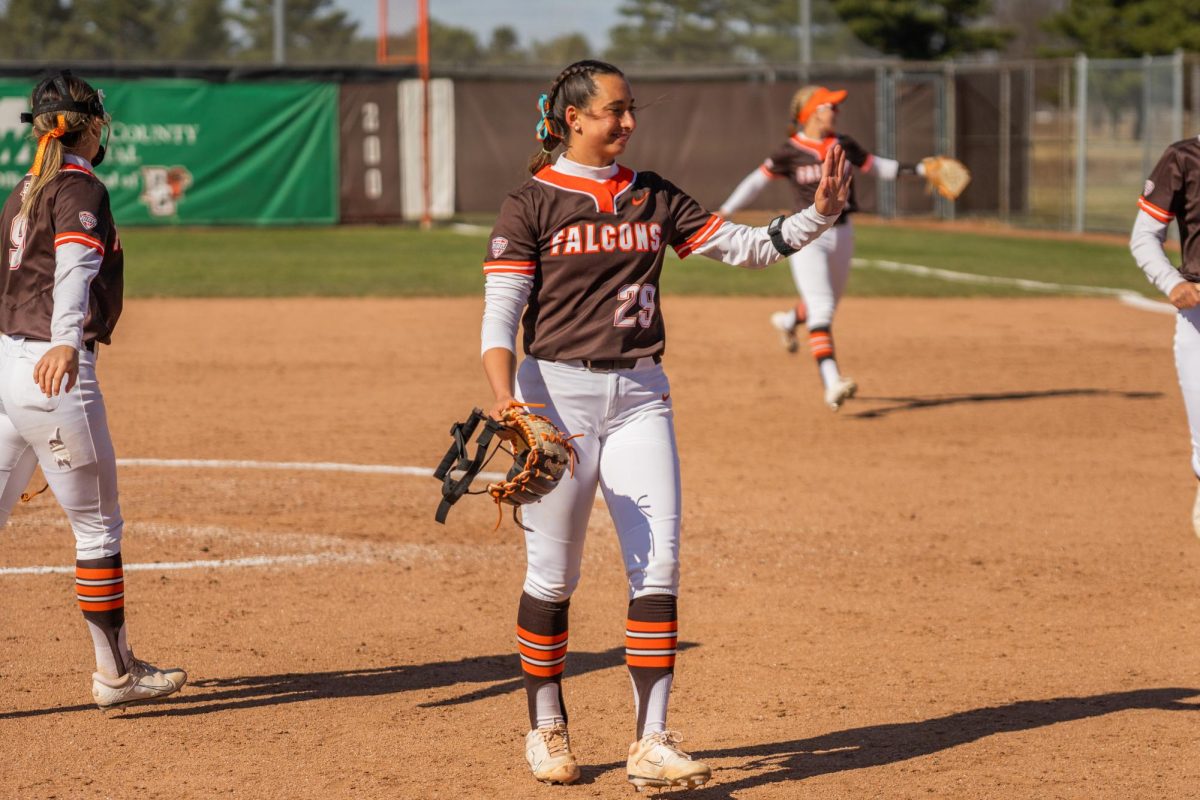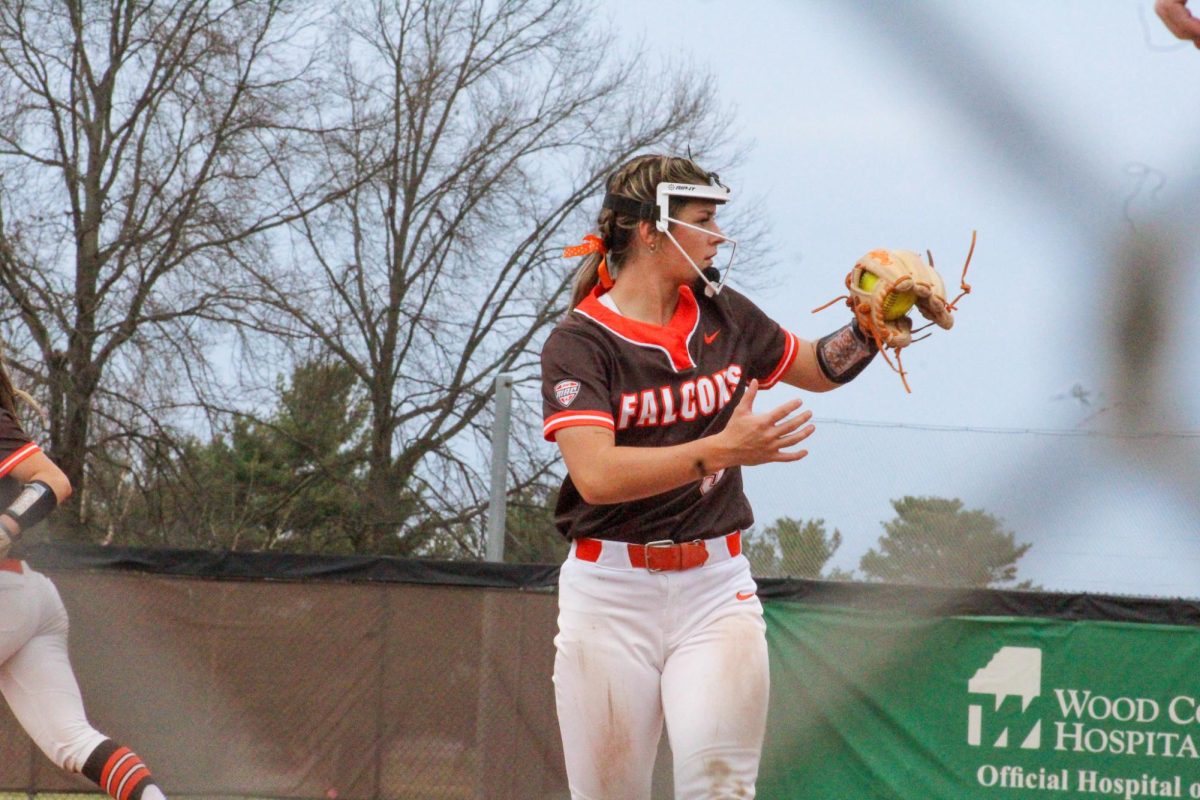I remember rolling my eyes at my mother’s advice more than heeding it. Now that I’ve reached my late 20s, I can finally say with confidence “Mom, you were right.” As a teenager, I just couldn’t grasp the importance of what she was telling me. Nonetheless, her advice has hung in the back of my mind like a recipe I might one day try out. Now looking back, I realize I’ve already put that recipe to use.
Recipe one: be yourself, value yourself, always.
“Don’t base your sense of value on what others think.” We hear this all the time, yet it’s the hardest piece of advice to really embrace. I know this first-hand: growing up I was “that kid,” the social pariah of the playground. I didn’t have many friends, and I didn’t think much of myself. It’s only since I’ve gotten old enough to stop caring what others think that I’ve really found my sense of self. I’ve realized that I have my mother’s eccentric sense of style, that I enjoy styling my hair in crazy ways, that my musical tastes are stuck in the 1960s and that I like to dance … all the time. If a store is playing music, I take it as an invitation to start a dance party.
More than anything, I’ve found confidence in putting myself out there without thinking about the reactions of others. Some will like me, many will not and that’s OK. I don’t need the validation of others to know I am strong, smart and courageous. I’ve also learned to walk away from people who try to tell me who or how I ought to be. Each of us is responsible for our own lives, for our own happiness, and I’ve decided I don’t want to waste another moment not being me. It doesn’t matter how weird you are inside, as long as you have the confidence to wear it with style.
Recipe two: no matter how much you love your partner, you still need great friends.
No matter how well you and your romantic partner get along, it’s still important to have a variety of relationships. Sometimes for advice, but mostly because no single other person will have all the same interests as you, and it’s nice to be able to share different aspects of your life with different people. Romantic relationships can be amazing, but they don’t always last. In the end it will be your friends who will have your back and will share in your journey through thick and thin.
Friendships can’t be forced, and they will often find you by surprise. The women I now consider my closest friends all started out as passing acquaintances. I met them at social gatherings or during internships, talking casually about our lives. Over time, talking became texting, texting became writing letters and we’ve stayed close largely because we’ve stayed in touch. I’ve found that a true friend is someone who is excited to hear from you, no matter how long it’s been.
Recipe three: being angry doesn’t undermine your love for somebody.
The most important thing my mom ever said to me was “Nothing you can do will ever make me stop loving you.” On the few occasions I misbehaved, my mom would say, “I don’t like your behavior right now, but I still love you.” She always made it clear that no matter how horribly I failed, how poorly I chose to act, she would always be there with unconditional love. As I’ve gotten older, I’ve learned to say this, too. On occasion my partner will push me to the end of my rope, and I’ll have to say “I don’t appreciate your behavior, I’m really mad at you right now, but I still love you.”
It’s about reminding yourself, as well as the other person, that these feelings of frustration aren’t permanent. This simple phrase, “but I still love you,” allows the healing to begin even when the pain is still present, and it may even stop you from saying something you will later regret. That’s what unconditional love is: Being able to say “no matter what, no matter how upset I am in the moment, you still have my love and always will.”
Once said, your words can never fully be taken back.
My mom warned me to be careful about the words I choose to say, because once they pass your lips, your words take on a life of their own. No matter how hard you try to swallow them back in, or to explain what you “really meant,” they’re out there for the world to hear. You can’t follow your words to see where they go, and you can’t dictate how someone else will interpret them. You can only make sure that the things you put out there are the things you are comfortable living with. Be strong, but also be kind.
Learning to say “no” is an important skill.
My mom has always loved to help others, and she feels tremendous guilt whenever she’s unable to assist someone in need. She never regrets being generous and she will forever rush to the aid of others, but I’ve also witnessed her become overwhelmed by the needs of others. Her willingness to help has time and again turned into an obligation she shoulders at the expense of her own time and happiness, performing thankless tasks for individuals who take advantage of her kindness.
Like my mother, I also enjoy helping out when I’m able, but I also recognize that sometimes it’s OK to prioritize your own needs and happiness. Life is a balance between the happiness of others and your own pursuits. It’s certainly important to be kind and to help those in need, but I’ve discovered that it can be just as important to know when, and how, to politely say “no.”
Respond to Tatiana at
thenews@bgnews.com













